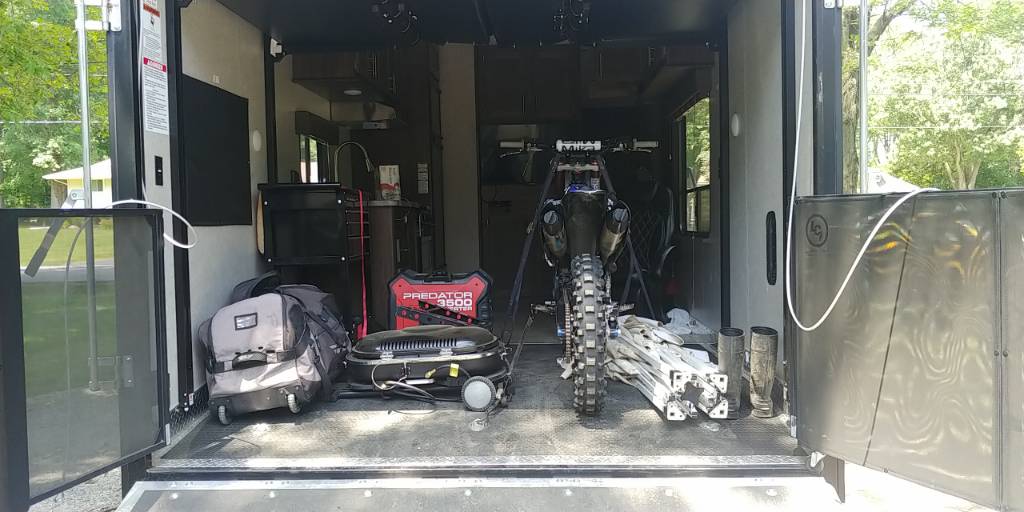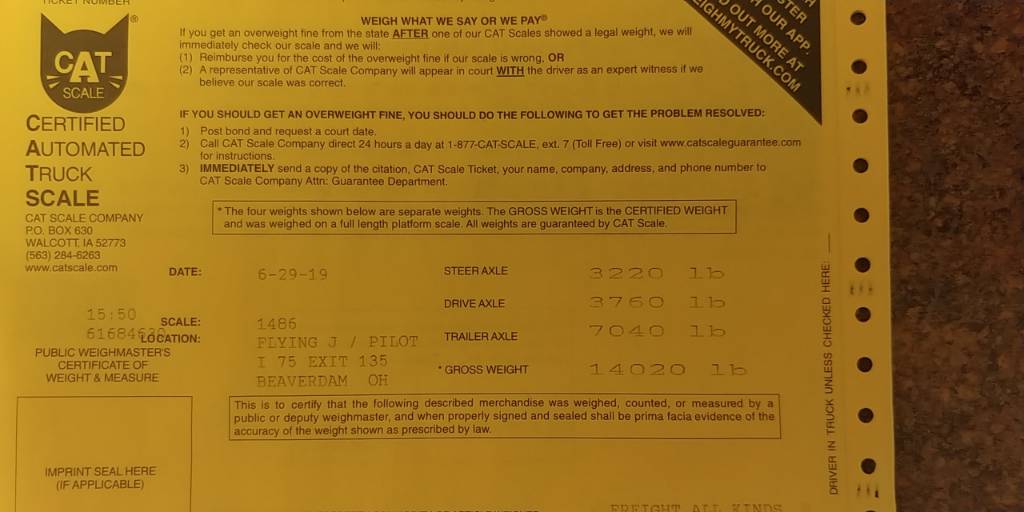This past weekend I set up my equalizer this weekend and did the first tow with the new Rebel. Loved the way it towed! I would like to ad some airbags in the future for some piece of mind. I did hit the scales though and I will need to make some cargo adjustments. I did not have the blue barrel in the bed of the truck that is pictured. I was weighed with a full fresh water tank, 1 dirtbike, and me and my wife in the truck. Looks like im good on axle weights but combined I am 80lbs over GVWR. There is a 30 gallon fuel station that I normally keep 15+ gallons in that was empty. It is located behind the axles so once that is filled it will help. I am also going to remove 1 of my propane tanks since all of last year I didnt go through one whole tank. I will also move my generator from the front storage to the garage area behind the axles. I am thinking this should all help. In the future I would like to add an auxiliary water tank in the back of the trailer for pressure washer purposes. I think these toy haulers have such a high tongue weight for guys with SxS's putting a bunch of weight behind the axles but it really kills the guy with 1 dirtbike lol. I also added Nfab step bars so there is a little extra weight on the cab. Any way I will keep this thread updated after I go racing with it this weekend with some relocated components.



















